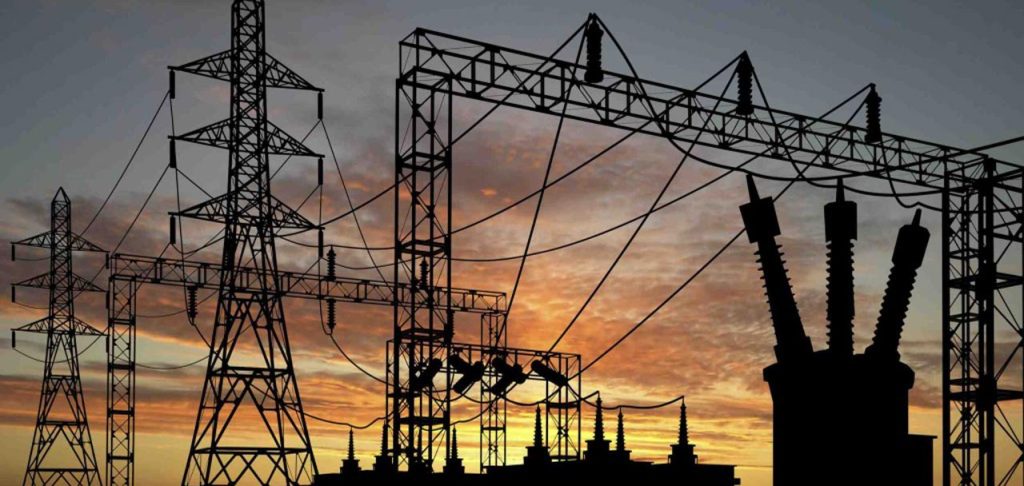By Obas Esiedesa, Abuja
The Federal Government has initiated plans to deploy renewable energy battery storage systems to enhance the stability of the national electricity grid.
The initiative aims to enable the integration of 4,200MWp of solar photovoltaic (PV) power into the national grid by 2030.
Speaking at the inaugural workshop on the Nigeria Battery Energy Storage System (BESS) Feasibility Study, hosted by the Transmission Company of Nigeria (TCN) in collaboration with the African Development Bank Group and the Sustainable Energy Fund for Africa, the Minister of Power, Chief Adebayo Adelabu, emphasized the urgency of addressing energy storage challenges as solar and wind power continue to gain traction in the country.
According to Adelabu, BESS represents the most practical and scalable solution to support the grid and ensure reliable power supply amid Nigeria’s growing reliance on renewable energy sources.
Represented by the Assistant Director, Renewable and Rural Power Access, Engr. Ben Anyangeror, the Minister noted that despite major reforms in the sector, “key challenges persist particularly the issues of power intermittency, limited dispatchability of renewables, grid instability and underutilised energy generation”.
He noted that the BESS would enhance grid stability and flexibility, reduce reliance on fossil based peaking plants, enable deeper integration of renewable energy into both grid-connected and offgrid systems, improve power quality and system reliability especially during voltage or frequency disturbances, and extend access to clean energy in underserved and and remote areas.
“Particularly important is the grid-forming capability of advanced battery storage systems. Unlike traditional grid-following inverters, grid-forming BESS can establish voltage and frequency references, essentially acting as virtual generators. This makes them critical assets in maintaining grid frequency regulation, black start capabilities, and power system resilience during disturbances or partial outages. In other words, BESS does not only store energy-they actively support the grid, improving power quality and reducing the risk of blackouts”, he added.
Speaking earlier, the Managing Director, TCN, Engr. Sule Abdulaziz said the workshop was an opportunity to understand the technical and commercial dimensions of BESS, and the institutional readiness to implement the system.
Abdulaziz who was represented by the Executive Director, Transmission Service Provider, Engr Olugbenga Ajiboye said: “For years, our operational teams have contended with the challenges of frequency fluctuations, peak load pressures, and limitations in reactive power support. These technical constraints affect every layer of the electricity value chain-from generation dispatch to the final delivery of power to homes and industries.
“Battery Energy Storage Systems offer us a powerful means to address these persistent challenges. For example, they enable frequency regulation, reserve capacity, and voltage support-directly strengthening grid performance and unlocking more efficient use of our transmission assets. This is precisely why this feasibility study is both timely and so important”.
On his part, the Director-General, Nigeria Country Department, AfDB, Dr Abdul Kamara said the bank is supporting the study with a $1.2 million grant.
Represented by the Chief Engineer, AfDB Country Office, Chigozie Egerouh, Dr Kamara noted that “as we work toward the ambitious goal of connecting three hundred million people to electricity by 2030 under the Mission 300 initiative, battery energy storage emerges as a critical enabler. And nowhere is this mission more urgent than here in Nigeria, home to an estimated Ninety million people still without access to electricity.”
The post National Grid: FG targets 4,200MW from renewable with battery energy storage system appeared first on Vanguard News.

